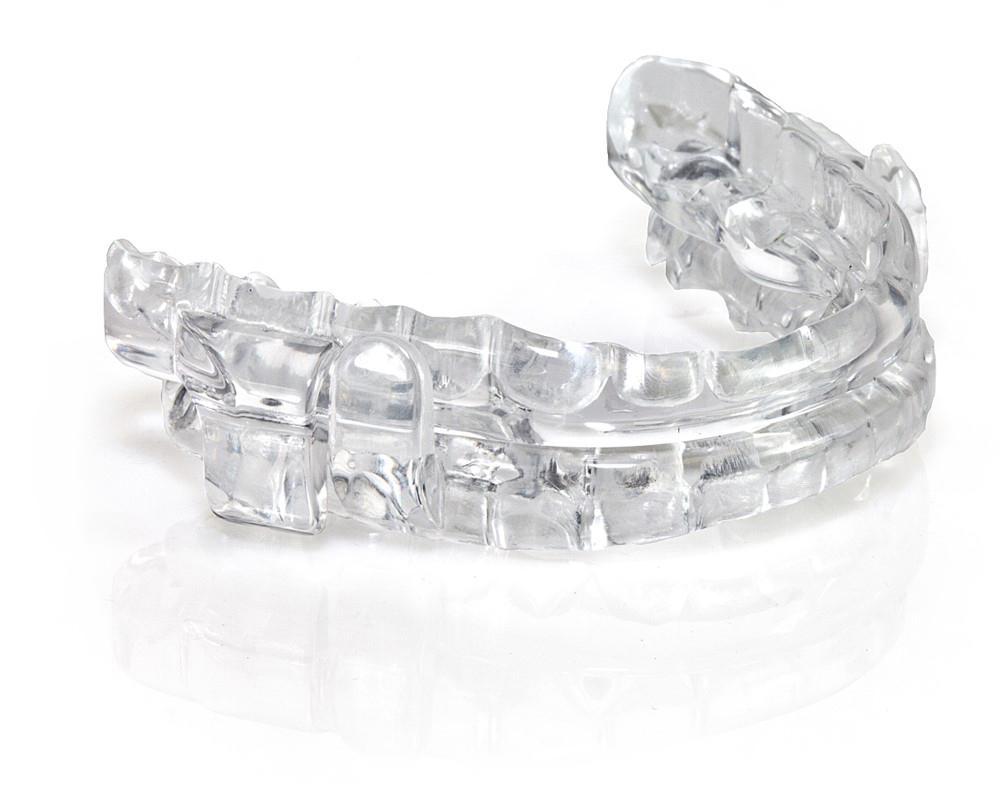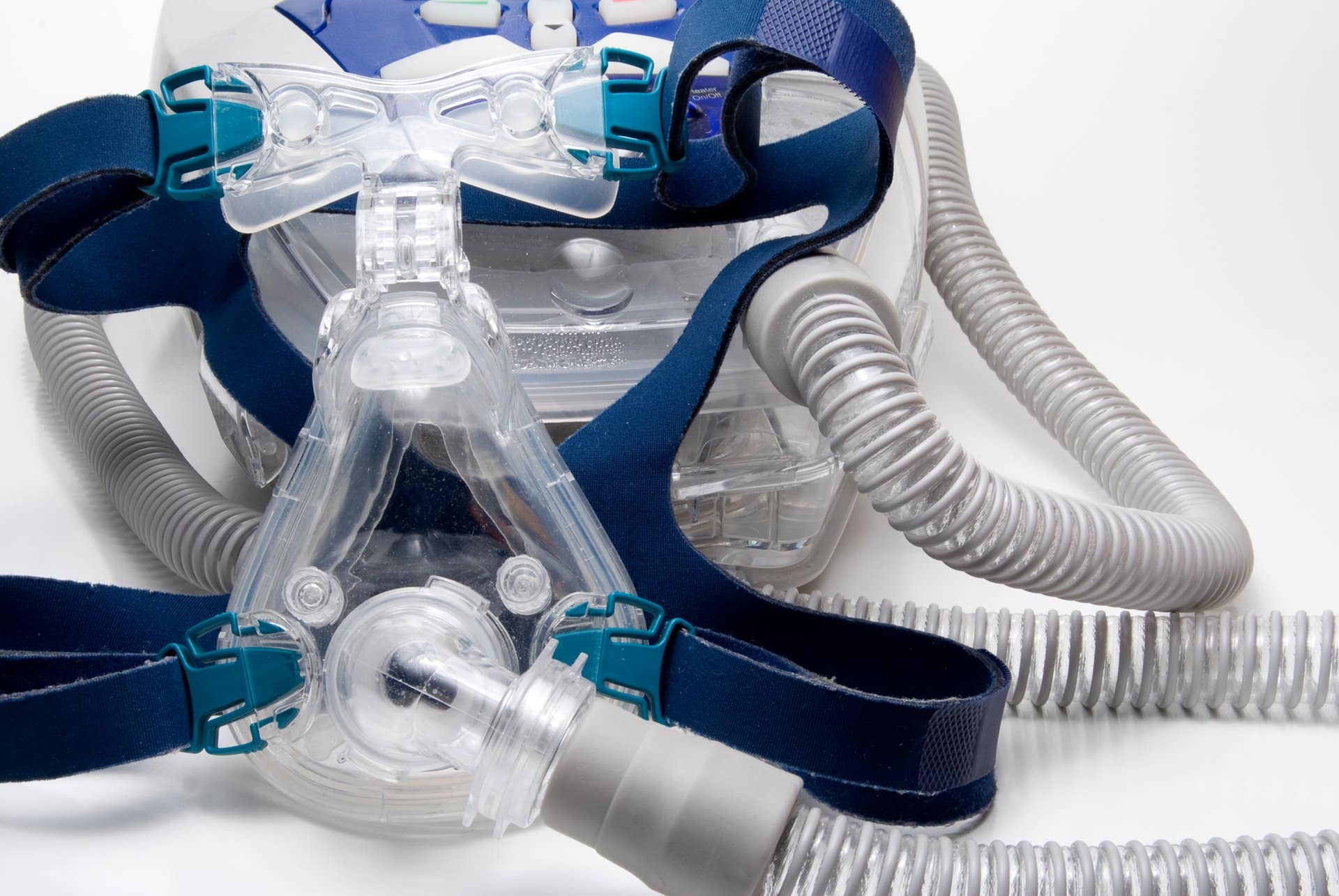Comparing an Oral Device and CPAP
CPAP and an Oral Sleep Device are both leading treatments for obstructive sleep apnea. Let’s take a look at the advantages and disadvantages of each.
CPAP
PROs
CONs
Uncomfortable. While there are things you can do to trouble shoot problems and increase comfort, in the end many people find it unpleasant sleeping with a mask on their face, especially if they have claustrophobia.
Noisy. The sounds made by the machine can disturb you or your sleep partner making it difficult to fall asleep.
Stuffy nose. The air pressure can dry out your sinuses leading to a dry or stuffy nose.
Cumbersome. If you are an active sleeper you can get tangled up with the cpap tubing in your sleep.
Less Portable. Those who travel or go camping may choose to leave their CPAP behind on trips.

Oral Sleep Appliance
CONs
PROs
Quiet. An oral sleep device makes no noise when in use.
Easy to Clean. You don’t have to worry about cleaning tubing.
Comfortable. Most patients find their oral device comfortable and easy to wear
Effective. Numerous studies have shown that oral sleep appliances are effective in treating mild to moderate sleep apnea.
Better compliance. many who can’t tolerate a CPAP machine are able to successfully use an oral sleep appliance.
Portable. Oral Appliances are small enough to fit in your pocket making them a more convenient option for travelling
Less noticeable. Your bed partner won’t be able to see your dental appliance unless you have your mouth open, no need to wear a face mask.
If you have mild to moderate obstructive sleep apnea, an oral sleep appliance boasts many advantages over treating your OSA with CPAP.
For those who have severe obstructive sleep apnea, CPAP will likely remain their best choice, however a dental device can still be a helpful addition to their treatment plan. By using a dental device in conjunction with their CPAP treatment many patients can reduce the air pressure for a more comfortable experience.
A treatment option is only effective if you use it. Which are you more likely to use?
Ready to start?
Already have a diagnosis for sleep apnea?
Great! Lets get started!
Think you might have sleep apnea?
We can help you get the answers you need.

